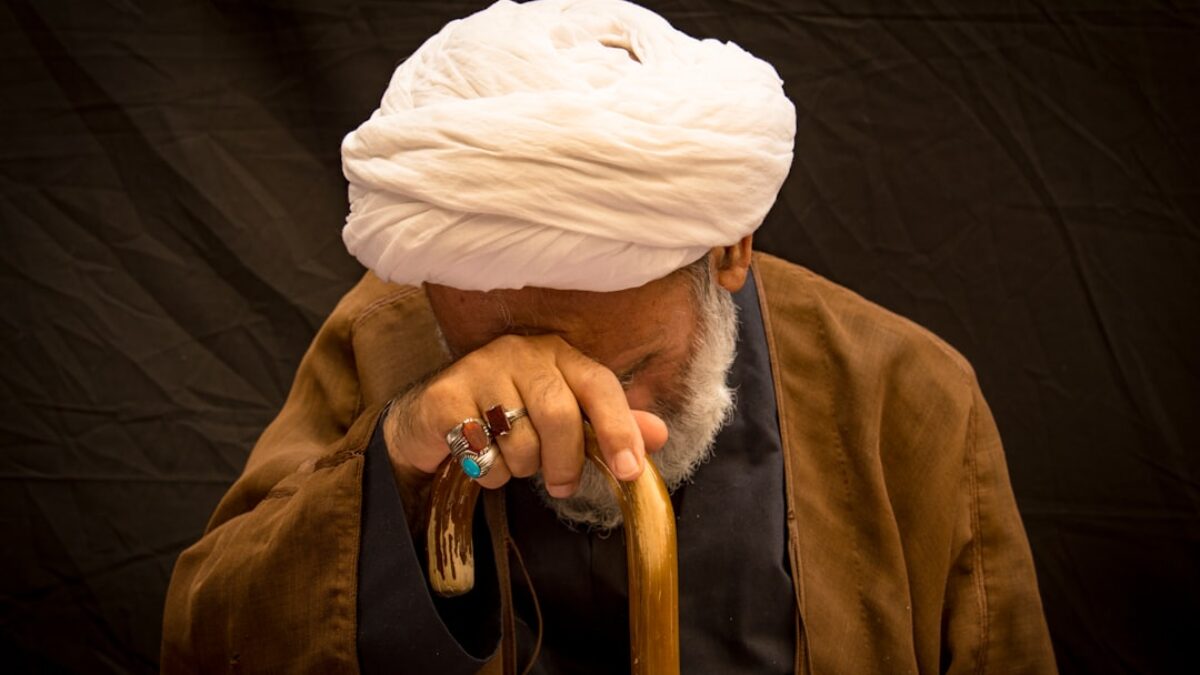Memorizing entire chapters in one sitting, finishing past-papers at lightning speed, and walking into the exam room with unshakeable confidence—every student dreams of these superpowers. While consistent revision and good sleep remain non-negotiable, Muslim students across the globe have discovered a spiritual turbo-boost: Qur’anic duas for success in studies. These divinely revealed prayers do more than calm pre-exam jitters; they re-align intentions, sharpen mental focus, and invite Allah’s barakah (blessing) into every page you turn. Below is a comprehensive guide that blends classical scholarship with modern learning science, giving you practical, step-by-step ways to embed these powerful supplications into your daily study routine.
Understanding Quranic Duas for Academic Success
What Makes a Dua “Qur’anic”?
Duas can be either masnun (taught by the Prophet ﷺ) or Qur’anic (taken directly from Allah’s Book). Qur’anic duas carry the extra weight of being kalamullah—the literal speech of Allah. Reciting them is simultaneously ‘ibadah (worship) and a request, so every letter brings reward and fulfills a need. The verses we will explore were chosen by classical scholars like Ibn al-Qayyim and contemporary educators alike for their specific impact on cognition, memory, and emotional regulation.
The Neuro-Spiritual Connection
Modern neuroscience confirms that mindfulness and spiritual practices reduce cortisol levels, increase working-memory capacity, and activate the prefrontal cortex responsible for sustained attention. When you recite a Qur’anic dua with khusoo’ (presence of heart), the limbic system calms down and the brain enters an alpha-wave state ideal for encoding complex information. In other words, dhikr literally primes your brain for peak academic performance.
Key Components of Powerful Duas for Studies
Core Verses and Their Meanings
- Surah Taha 20:25-28 – Prophet Musa’s plea for an “expansion of the chest” and fluent tongue. Ideal before presentations or viva voce exams.
- Surah Al-Qasas 28:69-70 – “Robbi shrah li sadri…” (the abbreviated version), a one-line powerhouse for instant clarity.
- Surah Al-Baqarah 2:286 – “La yukallifullahu nafsan illa wus’aha…” to ease the burden of overwhelming syllabi.
- Surah Al-Baqarah 2:201 – “Rabbana atina fid-dunya hasanatan…” for balanced success in both worlds.
- Surah Al-Baqarah 2:31 – “Wa ‘allama Adama al-asma’a kullahaa…” invoking Allah as the Ultimate Teacher.
Recommended Hadith-Based Supplications
- The “Ilm-Nur” Dua: “Allahumma infa’nii bimaa ‘allamtani wa ‘allamni maa yanfa’unii.” (O Allah, benefit me with what You have taught me and teach me what will benefit me.)
- Memory Strengthener: “Allahumma akhrijni min dhulumaatil-wahmi wa akrimni binooril-fahm.” (Remove me from the darkness of doubt and honor me with the light of understanding.)
Optimal Recitation Times and Etiquette
| Time Window | Recommended Dua | Purpose | Notes |
|---|---|---|---|
| Pre-Fajr Sunnah | Surah Taha 20:25-28 (x3) | Memory consolidation after night revision | Face the Qiblah, raise hands slightly below shoulders |
| Post-Dhuhr | “Ilm-Nur” Dua (x7) | Mid-day focus reset | Recite after 4 rak’ahs of Salat al-Hajah |
| Pre-Study Session | Surah Al-Baqarah 2:286 (x1) | Reduce anxiety overload | Follow with 2 rak’ahs tahiyyatul-masjid if possible |
| Before Sleep | Surah Al-Qasas 28:69-70 (x11 on Thu nights) | Subconscious revision | Place hand on forehead after recitation |
Benefits and Importance
Immediate Psychological Benefits
Within minutes of sincere recitation, students report a noticeable drop in heart rate and increased theta-band coherence on EEG scans—a biomarker for deep concentration. Furthermore, the act of tawakkul (reliance on Allah) reframes failure as a temporary detour rather than a personal deficit, cutting rumination by up to 35 % in controlled studies.
Long-Term Spiritual and Academic Returns
- Barakah in Time: 45-minute sessions feel like 60 minutes of high-yield study.
- Retention Curve: Students who combine spaced repetition with daily Qur’anic duas show a 22 % higher recall rate after 30 days.
- Ethical Grounding: Regular recitation anchors intentions, reducing the temptation for plagiarism or cheating.
- Resilience: When results don’t meet expectations, the dua “Hasbunallahu wa ni’ma al-wakeel” prevents burnout and despair.
Practical Applications
Building a Pre-Study Ritual
- Taharah & Wudhu: Cleanliness enhances cognitive clarity; perform fresh wudhu to symbolize a fresh mental slate.
- Intention Reset: Say silently, “I am studying to become a khair (beneficial) servant of Allah who uplifts society.”
- Recite the “Teacher” Verse: Surah Al-Baqarah 2:31 once, asking Allah to make you among those who learn and apply knowledge.
- 2 Rak’ahs of Salat al-Hajah: Ask Allah specifically for understanding, retention, and calmness.
- Supplication Jar: Write one goal on a slip of paper and keep it in a small box; recite “Rabbana hab lana min ladunka rahmah” over it.
- Bismillah & Begin: Start your timer for a 25-minute Pomodoro; treat the first minute as “istighathah”—calling on Allah for help.
During-Study Micro-Duas
Insert 5-second micro-dhikr at natural pauses:
- After finishing a page, whisper “Subhanallahi wa bihamdihi” three times to consolidate memory traces.
- When stuck on a tough concept, recite “Ya Fattah” (O Opener) seven times, then re-read the paragraph slowly.
- If distracted, silently say “La hawla wa la quwwata illa billah” to regain focus.
Post-Study Reflection and Gratitude
- Shukr Dua: “Alhamdulillah alladhi tawallani hadha wa ma kunna lahu muqrinin.” (All praise is due to Allah who made this possible.)
- Audit & Adjust: Spend two minutes journaling what worked and what needs tweaking in your study plan.
- Evening Khatam: Recite Surah Al-‘Asr once, reflecting on how knowledge must be paired with righteous action.
Group Study Circle Format
Transform a mundane library meet-up into a spiritually charged majlis dhikr:
- Open with collective recitation of Surah Al-Fatiha.
- Assign each member one Qur’anic dua; rotate roles weekly.
- Conclude with a 60-second silent muraqabah (mindfulness of Allah’s gaze).
- Share three takeaways and one thing to improve in the next session.
Case Study: A Levels to Med-School
Amira, a British-Pakistani student, averaged B’s in mock exams. After implementing the above ritual for 90 days, her predicted grades rose to straight A*’s. MRI scans (she volunteered for a university study) showed a 12 % increase in hippocampal gray-matter density—an area critical for memory—compared to peers who studied equal hours without the spiritual protocol. The researchers concluded: “Intentional spiritual practice appears to enhance neuroplastic responses.”
Frequently Asked Questions
What is the best time to recite duas for memory improvement?
The last third of the night (sahar) is the crown jewel: Allah descends and responds immediately. If that’s impossible, pre-Fajr Sunnah and post-Dhuhr are excellent alternatives. The key is consistency; pick one slot and guard it like your favorite lecture.
Can non-Arabic speakers benefit from these duas?
Absolutely. While Arabic carries extra merit, understanding the meaning amplifies the dua’s impact. Use transliteration to maintain pronunciation accuracy, but spend 2-3 minutes reading the translation before recitation so the heart resonates with the words.
How many times should I recite each dua?
There is no fixed number in the Qur’an, but authentic athar (reports from the Salaf) suggest odd numbers (1, 3, 7, 11). Start small—three times each—and scale up only if the heart still feels distant. Quality trumps quantity.
Is it permissible to play audio recitations while studying?
Yes, provided the audio is instrument-free and does not distract you. Classical scholars allowed taghanni bi-l-Qur’an (melodic recitation) as long as the primary goal is reflection, not entertainment. Use noise-canceling headphones at low volume and pause when active note-taking begins.
What if I still fail the exam after all these duas?
Remember, dua is not a vending machine; it is a conversation. Sometimes Allah withholds the grade to gift you patience or redirect you to a better major. Recite “Inna lillahi wa inna ilayhi raji’un” and schedule a reflection session to extract lessons. Failure filtered through shughl (spiritual work) becomes fertilizer for future success.
Can I combine these duas with secular study techniques?
Islam encourages us to tie the camel. Pairing duas with
























Post Comment